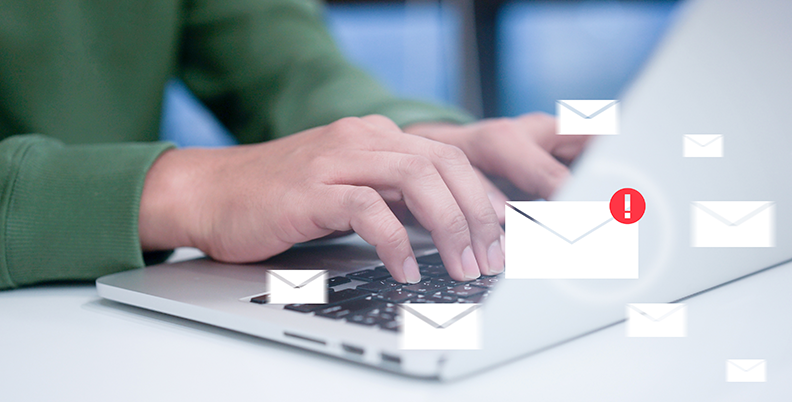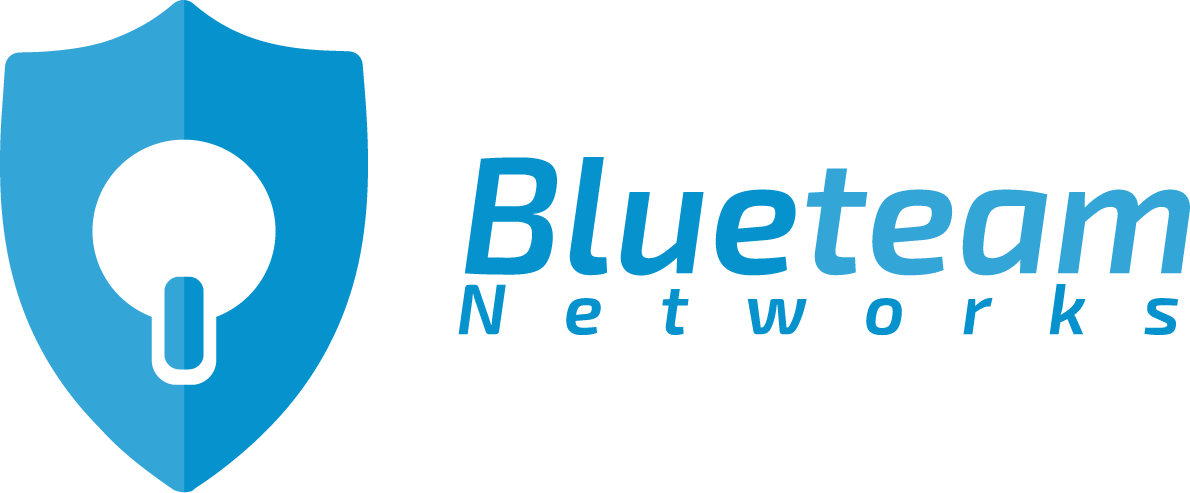Not a day goes by without another news story about cyber attacks. Email security should be a top priority for everyone, from small business users to large enterprises. Any unauthorized access to email can result in the loss of intellectual property and confidential company data. But the good news is that with caution and basic safety protocols, anyone can protect their business email, Outlook 365, or Gmail. Here are five proven ways to protect your email account and, thereby, protect your business and personal information.
1. Use separate accounts
Using the same email for everything from office needs to utility bill payments to travel reservations to online shopping makes your email vulnerable. Anyone who gains access to it will have access to your professional information, financial details, and personal emails. Use an email exclusively for your office needs and another one for friends and family. Do not use the same password for the two email accounts
2. Set strong passwords
This is one of the most overlooked yet most effortless ways to protect your email. Most people use passwords based on their names, places where they live, their birthdays, and the names of their pets. Anyone who knows any of these can quickly gain access to that person’s email accounts. Bad actors can easily figure these things out based on your digital footprint. (Facebook, Twitter, Instagram, forums, etc.) Both for corporate cybersecurity and the protection of your small business, even your personal email, you should use passwords that are 12 characters or longer, a combination of letters, numbers, and special characters, and a combination of upper and lower cases. You should also use Multi-Factor Authentication (MFA) for added security. Multi-factor Authentication (MFA) is a method that requires the user to provide two or more verification factors to gain access to a resource such as an application, online account, or a VPN. MFA is a crucial part of a strong identity and access management (IAM) policy.
3. Beware of phishing
Do not click on any email link unless they are from people you know and regularly correspond with, and even then you must stay alert. Hackers will pretend to be companies and financial institutions to send you ‘urgent’ emails that you are ‘required’ to open. They may ask you for your personal information or ask you to click on a link. By doing that, you are letting malware into your device or giving confidential information to criminals.
4. Monitor your email account activity
Regularly scrutinize your account activity. To begin with, limit access to third-party apps. Go to your email’s settings to see how many apps have access. Secondly, check your logs for any unusual activity like sign-ins from different devices or IP addresses. Gmail, for example, will let you know if it has suspected an unauthorized sign-in. If you notice anything, log out of all emails and immediately change your password.
Read this related article: A New Kind of Attack: Distributed Spam Distraction
5. Encrypt your emails and update software
Encrypting emails adds a foolproof layer of cybersecurity. With encryption, your emails won’t be accessed or intercepted by anyone other than the intended recipient. Regularly updating your system’s software, firewalls, and cybersecurity software will rectify any vulnerabilities and increase protection.
Protect your Network from Watering Hole Attacks
In a digitized world, a breach in email security can translate to significant financial loss. It can also violate your privacy and expose your business or personal details to complete strangers. But if you routinely follow these measures, your email and all its confidential communication will be more secure and safe from prying eyes. If you want to take email security to the next level, contact us to discuss managed services that include secure email.




